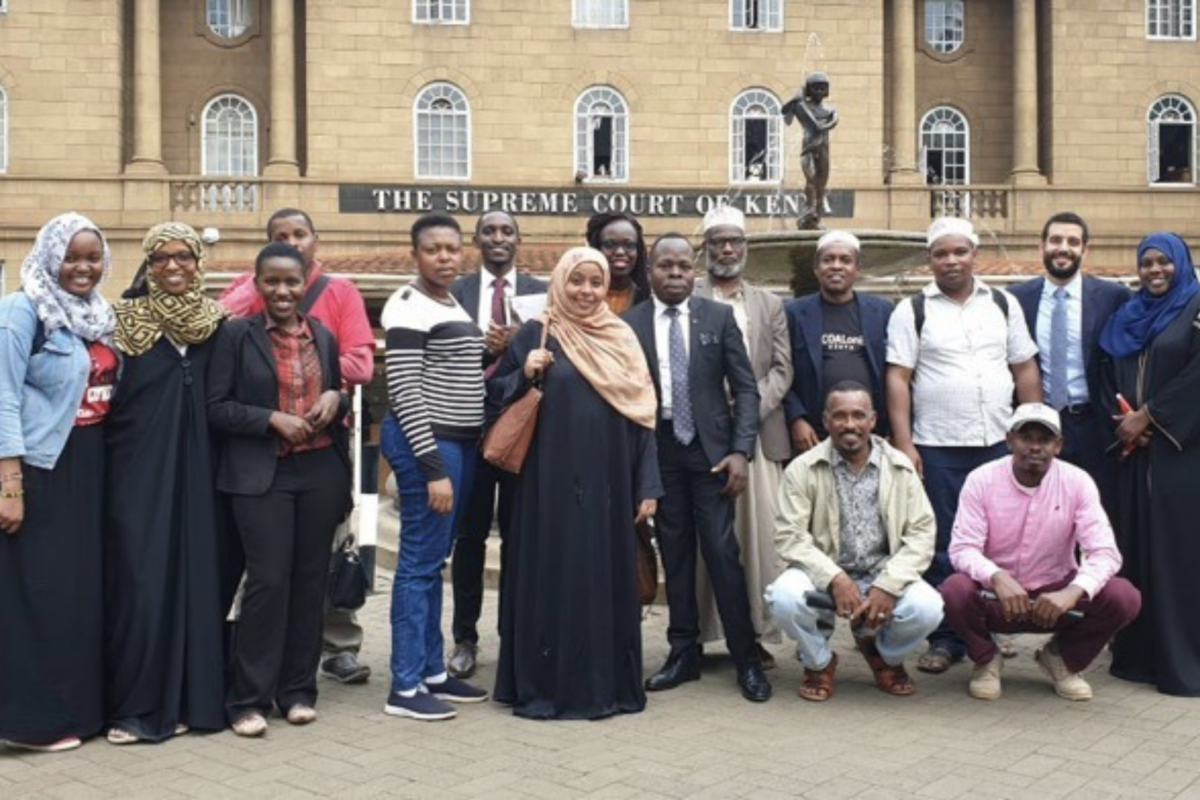
On June 26, 2019, a Kenyan tribunal canceled plans to build the country’s first-ever coal fired power plant, citing environmental and public health risks.
This immense, hard-fought victory would not have been possible without years of advocacy and resistance by a strong network of anti-coal grassroots groups across the region. One group that has been integral to the resistance efforts is Save Lamu, a Global Greengrants Fund grantee.
The 1,050 megawatt Chinese-backed power plant would have increased the country’s greenhouse gas emissions by 700%, according to environmental defenders. Moreover, the megaproject would have significantly damaged the health and livelihoods of locals in the coastal community of Lamu – a UNESCO world heritage site and among the oldest and best-preserved Swahili settlements in East Africa.
The tribunal found that the government had breached the law for approving construction of the project without an environmental impact assessment. It also found that the government violated the rights of local people, failing to inform the public of the health risks associated with the project, which include difficulty breathing, premature death, and acid rain contamination of food and water sources.
Global Greengrants Fund first awarded $5,000 to Save Lamu in 2012 to propose an alternative regional Bio-culture Protocol, a legal instrument used to protect Indigenous Peoples’ natural rights and historical stewardship over environmental resources. Five years later, in 2017, Global Greengrants awarded $5,000 to Save Lamu to educate local women on the negative effects of the Lamu coal project and how to best resist the project that would violate their rights to a clean and healthy planet. In 2019, the group received an additional $5,000 to continue these workshops for women, as well as to monitor and document land rights violations and plant trees in affected areas.
Matthew Hawi, Administrator of our East Africa, Southern Africa, and Next Generation Advisory Boards, weighs in on the victory: “The people of Lamu were criminally uninformed on the detrimental impact of this coal mine and it was all veiled under the guise of bringing development and jobs to the locals. Despite receiving threats and being branded as “anti-development”, Save Lamu never relented. This victory at the environmental tribunal is a moral boasting victory for EHRDs in the country and will hearten other environmental defenders in their struggles. Prevention is better than cure and after seeing the impact of coal mines on communities and the difficulties of reactive campaigns against the mines, Save Lamu presents the perfect blueprint in a region that is just discovering hydro-carbons.”
This is a huge victory for human rights and environmental justice in Kenya. Today, we celebrate alongside Save Lamu and other committed environmental defenders who fought so hard for this win.
